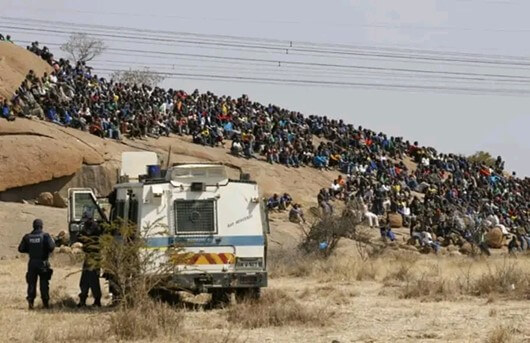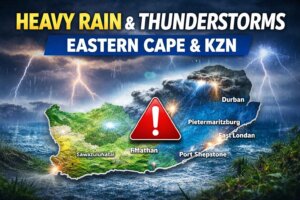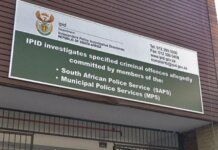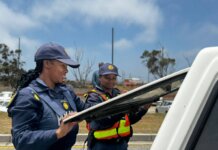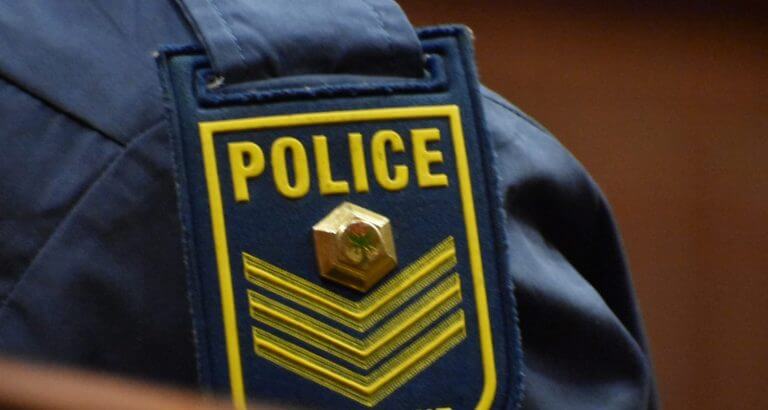On August 16, 2012, South Africa was shaken to its core when 34 miners were gunned down by members of the South African Police Service (SAPS) during a six-week strike at Lonmin Platinum Mine in Marikana, Rustenburg, North West Province.
The miners were demanding a minimum wage of R12,500 per month and improved working conditions from their employer, Lonmin Platinum Mine. After the company refused to meet their demands, the miners initiated a strike. Tensions escalated when security personnel opened fire on the striking miners as they marched toward the National Union of Mineworkers (NUM) offices, leading to the injury of two miners. This incident fueled the miners’ anger, prompting a police response that culminated in the tragic use of deadly force.
In the aftermath of the massacre, then-President Jacob Zuma appointed a commission to investigate the events surrounding the tragic incident. However, the findings of the commission have since been withheld from the public, leaving many unanswered questions.
The miners who lost their lives were primarily from the Eastern Cape, and many were the sole breadwinners for their families. The death of Mzongeleli Ntenetya from Nqabarha near Idutywa left 15 family members in despair, as they all depended on him for financial support. Another heartbreaking story is that of Phumzile Sokhanyile from Mdumazulu location in Ngqeleni, whose mother passed away upon hearing the news of her son’s death.
Twelve years later, the Marikana massacre remains a painful chapter in South Africa’s history, highlighting the ongoing struggles for workers’ rights and the deep scars left on the families and communities of those who were lost.

